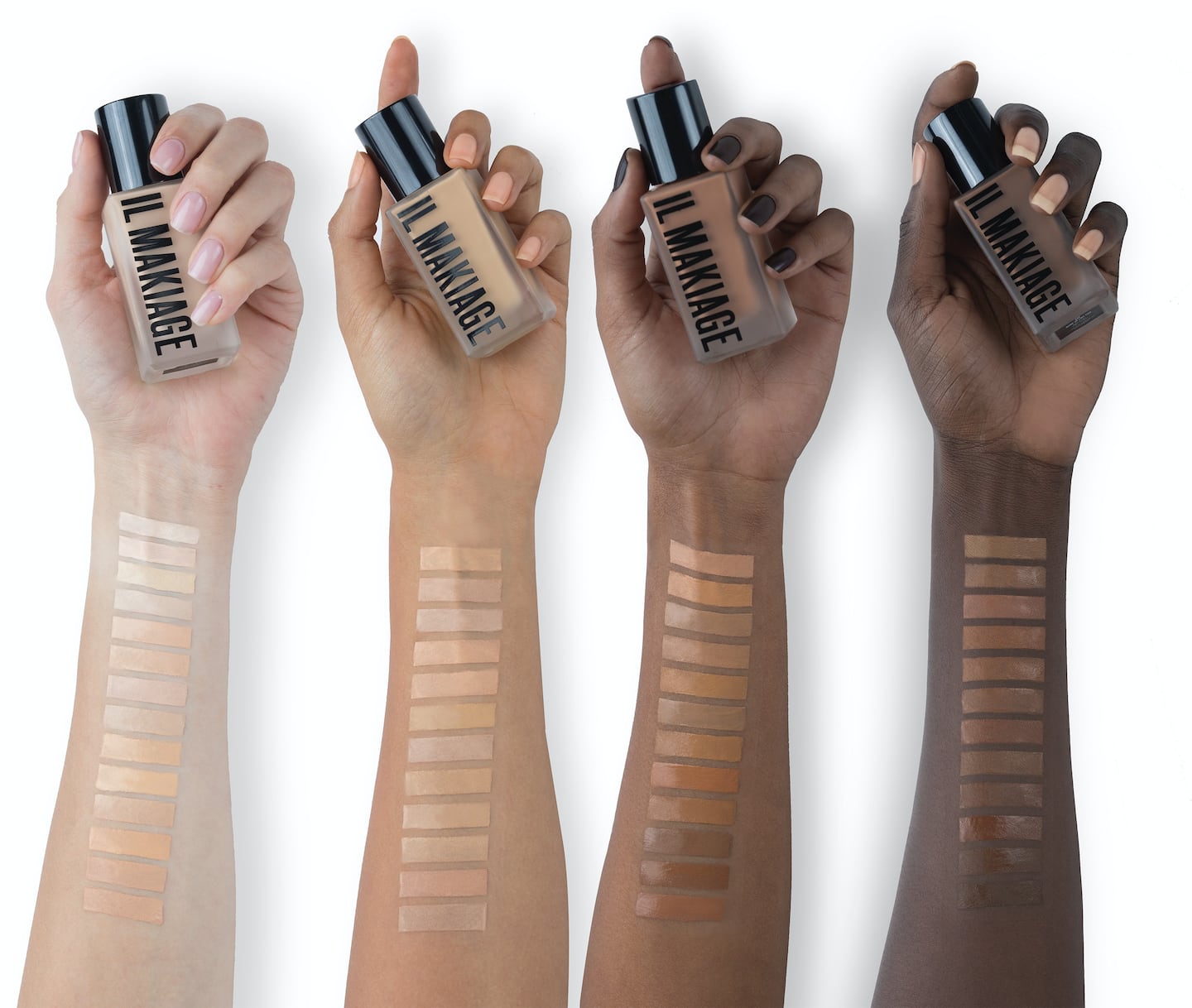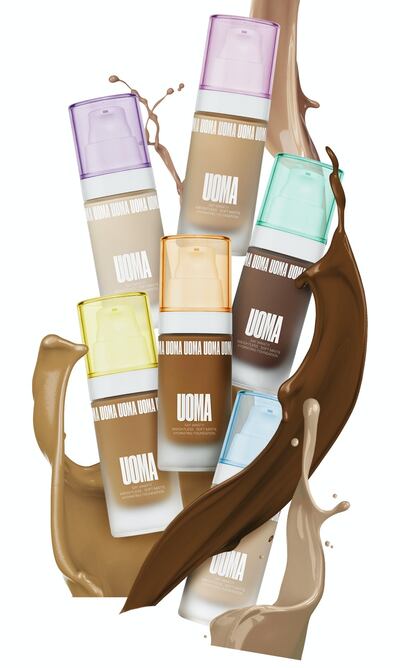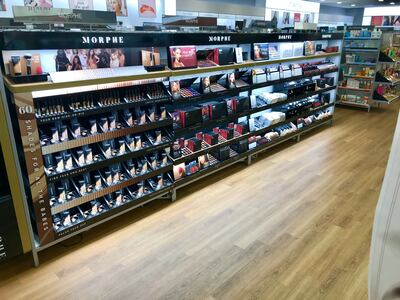
The Business of Fashion
Agenda-setting intelligence, analysis and advice for the global fashion community.

Agenda-setting intelligence, analysis and advice for the global fashion community.

Welcome to BoF's Beauty Newsletter, featuring members-only analysis and the week's top news from the frontlines of the global beauty business. Subscribe here.
NEW YORK, United States — "What kind of finish am I looking for?" my editor asked me while taking Il Makiage's new Powermatch quiz, which feeds into a proprietary algorithm to allegedly determine one's ideal shade of foundation out of 50 possible options, all with over 90 percent accuracy. "Matte? Natural? Luminous?" (Note: my editor is male and has never worn makeup in his life.)
The matter of shade ranges is the most important conversation in beauty right now; it's one of the first topics to come up when I meet with founders, executives, publicists, retailers, investors, bankers, influencers, my mom and basically anyone else who wears or is interested in makeup. For decades beauty companies ignored darker skin tones, and today brands like Morphe, which unveiled 60 shades in January, and Fenty Beauty, which has 50 shades, are righting the industry's colossal wrongs. In a widespread shift, beauty brands are now racing to create extensive foundation ranges so they, too, can tout their inclusivity. Newcomer Uoma, Ulta Beauty's answer to Fenty, debuts exclusively in the US next month with an ambitious 51 shades. This, coupled with founder Sharon Chuter's directness about the industry's lack of diversity — it was clear when we met last week that the former Benefit Cosmetics executive isn't scared to talk about how that experience shaped her current venture — is sure to spark even more conversation.

Uoma’s “Say What?!” foundation | Source: Courtesy
ADVERTISEMENT

A Morphe gondola at an Ulta Beauty store | Source: Courtesy
"People are trying to make it easier to find your shade, but it's still tough no matter what. The nuances are pretty undetectable in many shades when you buy online," said Jill Scalamandre, president of BareMinerals, Buxom and Global Development at Shiseido Makeup. Shiseido, parent company of BareMinerals, acquired custom-blend foundation service MatchCo in 2017, and BareMinerals is the first brand to use the technology.
THIS WEEK IN BEAUTY
Glossier is now a billion-dollar company. The brand just raised a $100 million Series D and is valued at $1.2 billion.
Olivia Jade's days as a beauty influencer might be numbered. Sephora and The Estée Lauder Companies have cut ties with Lori Loughlin's 19-year-old daughter following Loughlin's alleged participation in the college admissions scandal that was made public last week.
Target is getting clean. Next month, customers can look for a "Target Clean" icon on certain household, beauty, personal care and baby products formulated without parabens, phthalates, formaldehyde and other chemicals.
Skyn Iceland looks to expand. Hot off a $3 million investment, the brand is targeting younger customers and global markets in an effort to meet ambitious growth targets this year.
Kylie Jenner fuels growth at Ulta. The youngest self-made billionaire turned to Ulta as the first brick-and-mortar retailer to sell her Kylie Cosmetics line last November, which could have contributed to the retailer's better-than-expected fourth-quarter earnings.
ADVERTISEMENT
Amazon launches first private label beauty brand. The retailer worked with Latvian models on its first private label skincare brand, Fast Beauty Co, which includes makeup removing wipes and face, lip and eye masks that retail for around $5 each.
Now anyone can be ambidextrous, thanks to Olive & June. Sarah Gibson Tuttle, founder of hip, LA-based nail salon Olive & June, created a patent-pending tool that lets people "steady a nondominant hand" while doing an at-home manicure.
Function of Beauty will remain loyal to its DTC business model. The personalised haircare business, which sold its one millionth product last November, has no plans to partner with retailers as it focuses on global expansion.
The Business of Beauty wants to hear from you. Send tips, suggestions, complaints and compliments to our beauty correspondent, Rachel Strugatz (rachel.strugatz@businessoffashion.com).
From analysis of the global fashion and beauty industries to career and personal advice, BoF’s founder and CEO, Imran Amed, will be answering your questions on Sunday, February 18, 2024 during London Fashion Week.
The State of Fashion 2024 breaks down the 10 themes that will define the industry in the year ahead.
Imran Amed reviews the most important fashion stories of the year and shares his predictions on what this means for the industry in 2024.
After three days of inspiring talks, guests closed out BoF’s gathering for big thinkers with a black tie gala followed by an intimate performance from Rita Ora — guest starring Billy Porter.